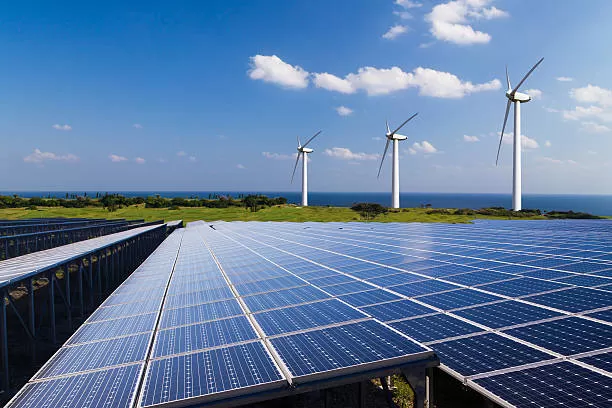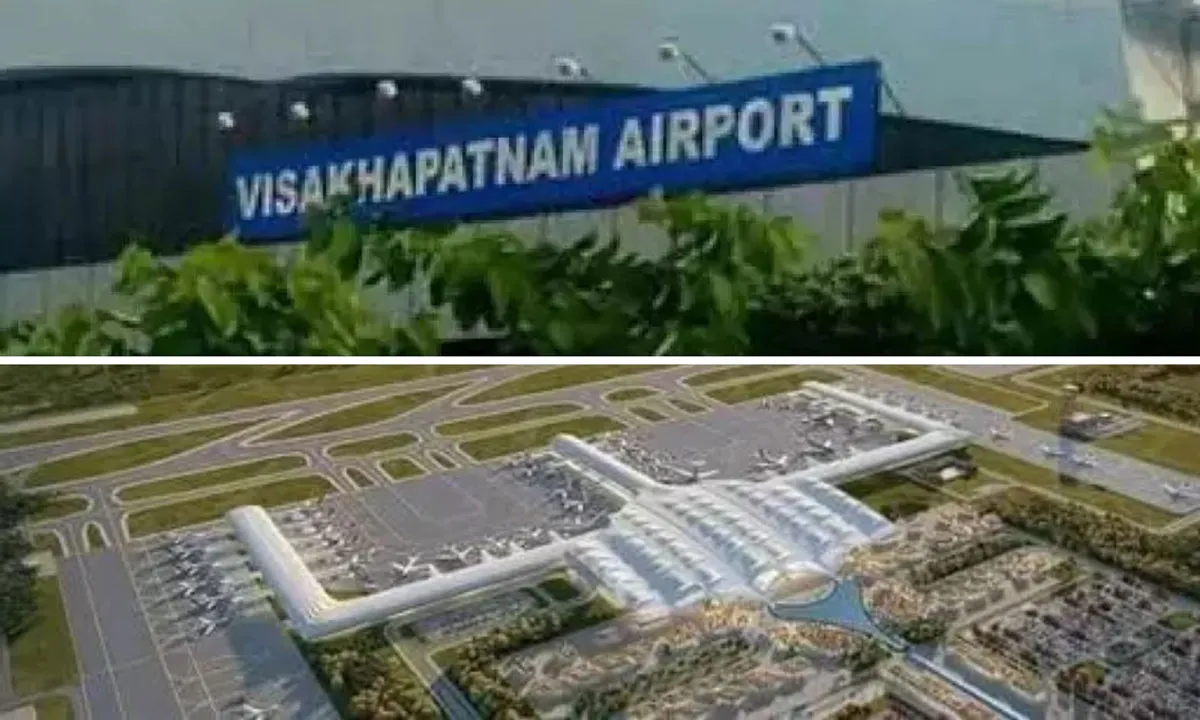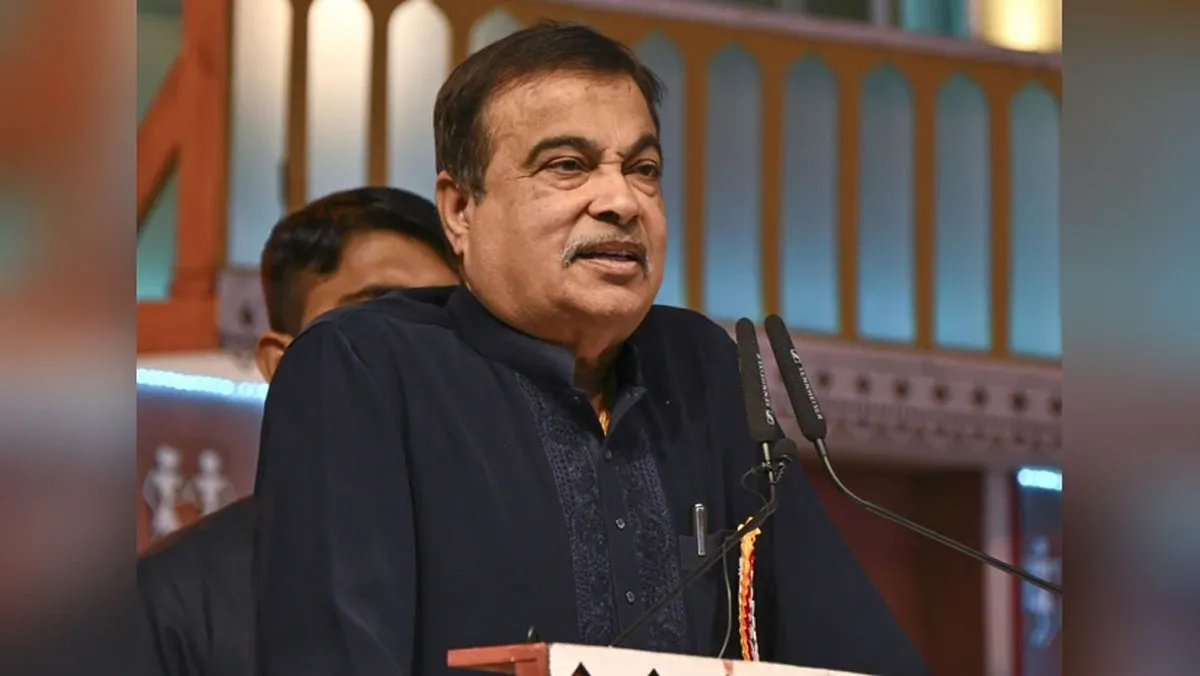In a significant move towards bolstering India's renewable energy sector,
Sustainable & Affordable Energy for Life (SAEL) has unveiled plans to invest a staggering Rs 350 billion. This monumental investment is aimed at expanding the company's renewable energy capacity to an impressive 10 gigawatts (GW). With a commitment of this magnitude, SAEL is poised to make substantial strides in the renewable energy landscape, contributing significantly to India's clean energy transition.
This ambitious investment plan underscores SAEL's unwavering dedication to sustainability and renewable energy development. As the world increasingly pivots towards cleaner energy sources, SAEL is strategically positioning itself as a key player in driving this transition forward. The Rs 350 billion investment will not only enhance SAEL's renewable energy portfolio but also create numerous socio-economic opportunities, including job creation and infrastructural development.
The company's vision for renewable expansion aligns seamlessly with India's ambitious renewable energy targets. With the government's commitment to achieving 175 GW of renewable energy capacity by 2022 and targeting 450 GW by 2030, initiatives like SAEL's investment play a pivotal role in realising these objectives. By injecting substantial capital into renewable projects, it is contributing to the nation's efforts to reduce carbon emissions, mitigate climate change, and foster sustainable development.
Key areas of focus for SAEL's investment include development of solar and wind power projects across various states in India. These projects will not only harness the abundant renewable resources available but also drive technological innovation and efficiency improvements in the sector. By leveraging advanced technologies and best practices, the company aims to maximise the output and reliability of its renewable energy assets, ensuring long-term sustainability and competitiveness.
Furthermore, its investment is expected to have a ripple effect across the entire renewable energy value chain. From manufacturing and installation to operations and maintenance, the investment will spur growth and innovation, catalysing the transition towards a cleaner and greener energy ecosystem. Moreover, it will contribute to India's energy security by reducing dependence on fossil fuels and promoting energy independence through indigenous renewable resources.
In conclusion, SAEL's monumental Rs 350 billion investment marks a significant milestone in India's renewable energy journey. By committing to expand its renewable energy capacity to 10 GW, SAEL is not only demonstrating its leadership in the sector but also reaffirming its commitment to sustainability and environmental stewardship. As the renewable energy revolution gathers momentum, initiatives like SAEL's investment will play a pivotal role in shaping a more sustainable and prosperous future for India and the world.Engagement of farmers: Each of its waste-to-energy projects
serves about 2,500 farmers. With the current capacity spread across 12 projects
totalling 170 MW, an estimated 30,000 farmers will stand to directly benefit
from these projects.
Anticipated funding: By December 2025, the expected
expenditure for its current committed capacity of 4 GW is nearly Rs 180 billion.
It successfully closed a one-billion-dollar fund raise announced in January
2024 and is planning to announce another billion-dollar capital raise,
combining both debt and equity by June 2024. The company’s focus is on
collaborating with multilateral, private sector banks and sovereign funds,
primarily because of its rigorous due diligence processes, which helps it mitigate
commercial risks early on. Currently, the company has partnerships with agencies
such as Asian Development Bank and private institutions like India Infradebt,
an Infrastructure Debt Fund (IDF) under the NBFC format, formulated by the
Government of India, Tata Capital, Kotak and Aseem Infra. The company adheres
to IFC and World Bank standards concerning ESG compliance.
Growth and expansion: Comparing its growth from 2022, at 400
MW has been nothing short of remarkable. In FY24, it achieved an astounding 10x
growth, reaching a committed capacity of 4 GW. In the coming 18 months, it is geared
up to bid for an additional 3-5 GW. The company’s
plan is to soar to a monumental 10 GW of installed capacity by FY27.




















